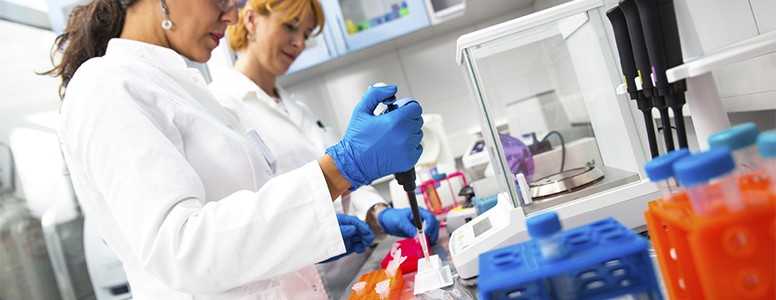Researchers from China Pharmaceutical University have synthethised a new insulin-mimetic compound that enhances blood sugar control and creates an immune reset.
This compound, called PGLP-1, is an analogue of the gut incretin hormone glucagon-like-petptide 1 (GLP-1) and works to increase insulin secretion using similar pathways.
In findings published in the FASEB journal, the researchers describe how PGLP-1 helps to protect beta cell islets, increase insulin secretion and improve insulin resistance.
Liang Jin and his colleagues initially identified and isolated six different GLP-1 analogues, but PGLP-1 stood out as the only one improving markers of interest in both in type 1 diabetes and type 2 diabetes.
The first experiments conducted on PGLP-1 in mice with elevated blood sugars showed that it behaved similarly to available GLP-1RA drugs, like Victoza (liraglutide).
One of the primary way that PGLP-1 appears to lower blood sugar levels is by inhibiting gluconeogenesis – a metabolic process that produces glucose from non-carb sources, such as protein or the glycerol part of fats.
PGLP-1 was found to prevent gluconeogenesis by increasing the expression of a key pathway involved in energy balance known as AMPK, which is activated by drugs like metformin and thiazolidinediones.
This confirms what earlier research had found, that high blood sugars may be induced because of decreased AMPK expressio, which in turn increases gluconeogenesis.
The second interesting finding of the current research is that PGLP-1 is also associated with increased islet beta cell mass. The preservation of beta-cells was evidenced by higher C-peptide levels.
A low level of C-peptide indicates that the pancreas is producing little to no insulin. In contrast, a rise in C-peptide is a sign that the body is regaining the ability to do so.
In type 1 diabetes, in particular, there is also evidence to suggest that the higher the C-peptide levels, the lower the incidence of microvascular complications.
Taken together, these findings indicate that PGLP-1 could be useful as an adjunct to therapy to improve blood sugar control in both people with type 1 diabetes and type 2 diabetes.
What's new on the forum? ⭐️
Get our free newsletters
Stay up to date with the latest news, research and breakthroughs.








